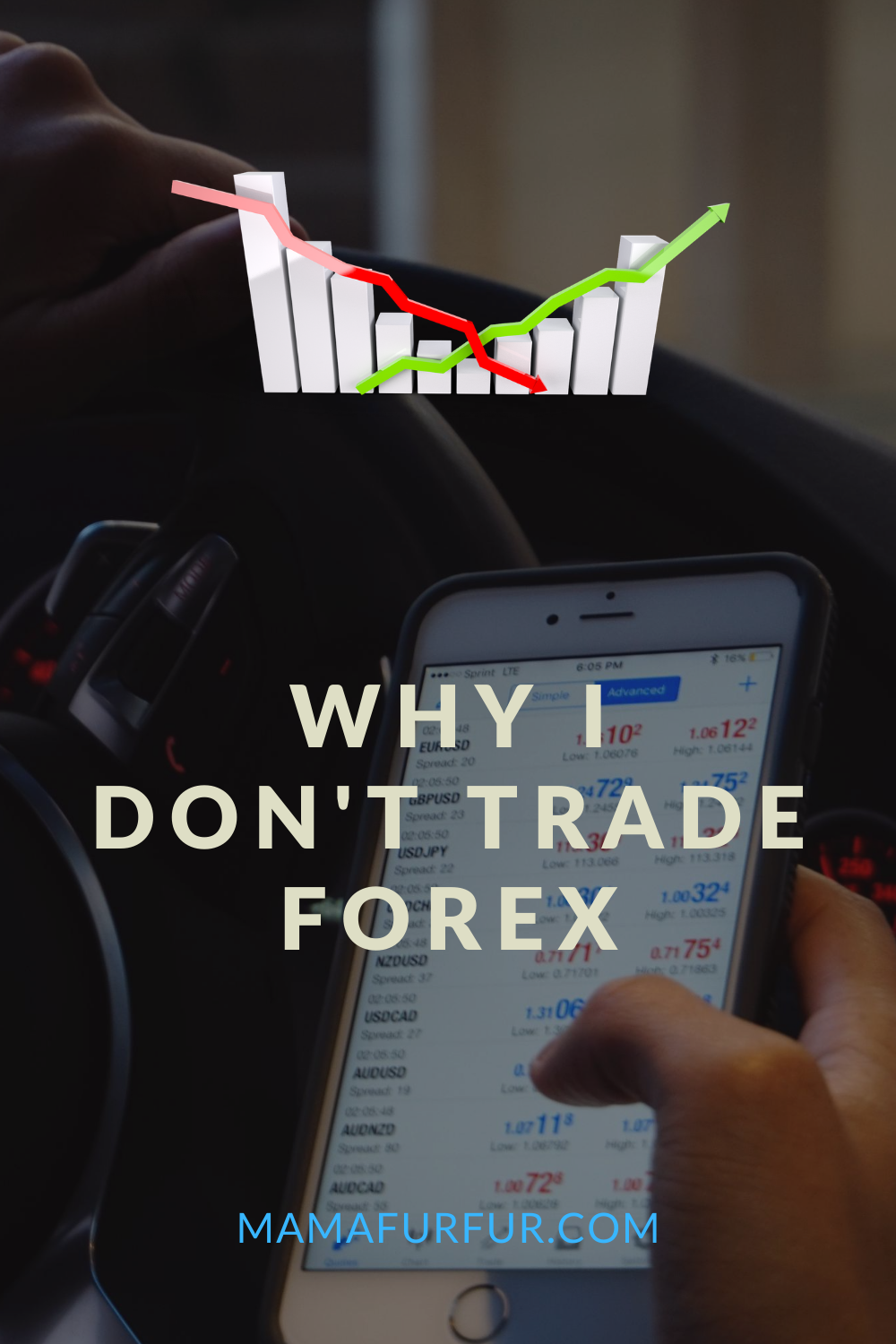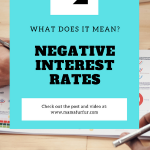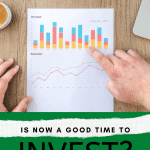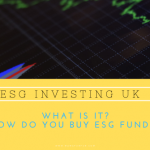
Why I Don’t Trade Forex
I suppose the first questions I should cover is “what is Forex Trading?”. Well, it’s effectively
about making a profit through currency. You buy currency in the hope that you will make a
profit on the currency by selling it at a higher price than what you paid.
If you buy goods or services from a different country, you need to be able to deal in the local
currency, and that’s where the need for this type of investment comes from. Forex is priced
using the usual key indicator, supply and demand. If no one is buying the currency, the price
is low, but if there are a lot of people buying that currency, the demand is high, thus pushing
up the price of the currency. Of course, there are a lot of other factors affecting the price of
currency, including things like economical situations, political and local issues, that can affect
the price of the currency.
Currency rates are constantly changing because people need it there and then. It’s not the
same as stocks and shares in as much as with stocks and shares you might wait before
buying by watching or timing the market, whereas people who need a currency often buy it
straight away.
A good example to understand how currency prices change, is to assume we are going on
holiday and we need £500 worth of US dollars – the exchange rate on the day you purchase
your dollars is $1.40 for every £1 of your £500 = $700. In the (let’s be honest) unlikely event
you don’t spend any of that money whilst you’re on holiday, so you then decide to buy back
sterling using your unspent dollars. On the day you buy back sterling, we’ll assume that the
exchange rate to buy your dollars is $1.30 for every £1, so because you’re converting your
money back to sterling, you could receive £538.46 – the conversion between buying at $1.40
and selling it at $1.30 allows us to make a profit, £38.46.
When dealing with the stock market, we tend to buy for the longer term. We want to buy it
whilst prices are low, hold that until we decide to sell down the line, and hope that when we
sell, we sell it for more than we bought it for. With Forex it’s slightly different, it tends to be
dealt in a much quicker fashion.
Now to why I don’t trade Forex
Whenever I have been approached about Forex trading in the past, it has often felt like
someone is out to trick me, or to sell me a course or a subscription service. For me, that’s
the first trigger to something not being quite right – I don’t want to have to pay someone for
me to feel like I truly understand it. Of course, there is a lot of information out there for free
as well, just like with the stock market, but I believe before you can be truly confident in it,
you would need to trade, and in doing so, you set yourself up for mistakes to be made,
costing you money. I don’t like the trial and error aspect.
I believe that all of these expensive courses and strategies make it seem much more
complicated than it actually is. In essence it is very similar to any type of stock investing you
will do, if you are going to buy any individual stock you need to work out if you’re buying it at
a good price, and ultimately if you think the company will do well so that you are able to sell
it for a higher price later on. The difference is, it is much easier to investigate the company
and see how they have previously performed and how they are likely to perform in the future.
I’m a firm believer in making money and in order to do that I feel you should understand the
ins and outs of whatever it is you are undertaking, like Forex trading. A lot of the training out
there has a cloaks and daggers feel to it, you must pay for this course or that course and
then you need to pay this subscription to get tips etcetera. I liken this to typical “get rich quick
schemes” and MLMs, something as you know, you should avoid. If it sounds too good to be
true, it probably is. It’s not an issue particularly with Forex trading itself, but more with the
way people are choosing to teach about it.
My main list of concerns with Forex trading at the moment are:
The scam element; too many courses that are then pushing people towards regular
subscirptions for tips and trading information.
It’s very volatile, much like cryptocurrency and individual stocks rather than tracker
funds, because you’re having to guess and get confident on what a low value is.
Because it’s currency, it’s hugely driven by circumstances that day, like political
issues, government decisions, employment rates – basically, anything that decides
how valuable that area is (or isn’t).
Unlike with trading stocks and shares on the stock market, there is no breaks in
trading with Forex, which means that effectively while you sleep, you may miss out
on that low point, or high point. This makes it a very active investment, one that I’m
not willing to devote the time to. I like knowing there are business hours. With my
index funds they are priced once a day and I can trade them at that price, that day,
but you just don’t get that Forex.
There’s too many factors – I don’t like that you need to keep up with what is
happening in the news, in the country who’s currency you want to trade, and also
track their politics and everything else that could negatively or positively affect their
currency value, which means I couldn’t confidently go in and make a purchase,
unless I was willing to devote a huge amount of time to it.
I have avoided Forex trading actively because of the above reasons. I like that I can do
research online (for free) on different companies or funds I am interested about investing in,
and then confidently make a purchase – I don’t feel I have the same control with Forex. As
you will know, a big part of my investment strategy is passive, so I want to be able to leave
my investments to grow, without having to worry too much about them.










